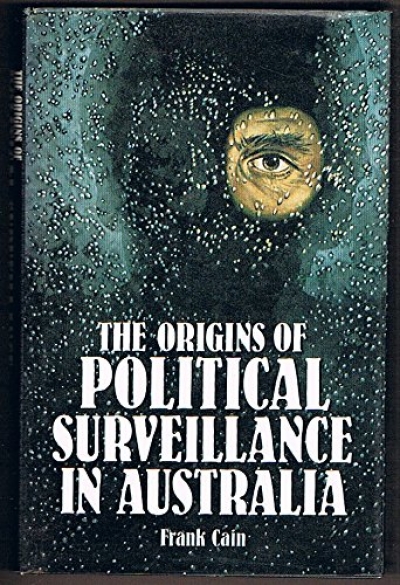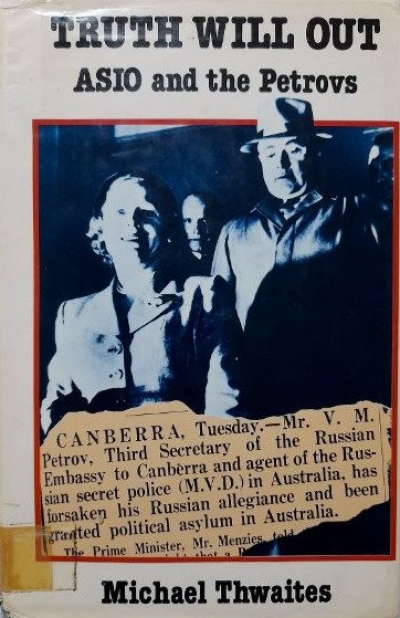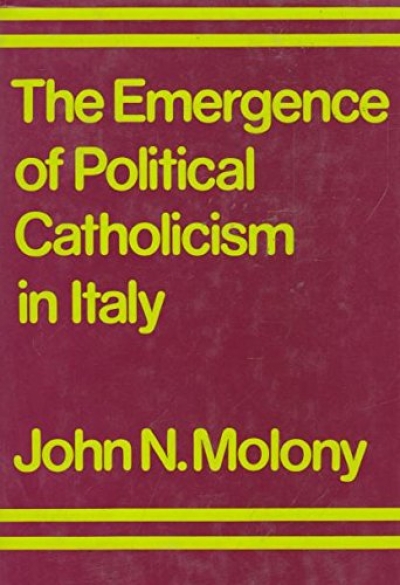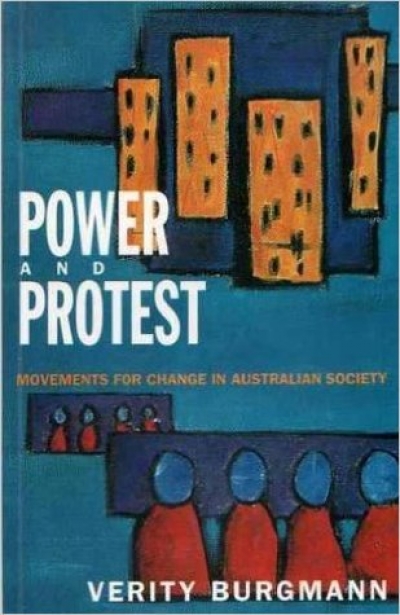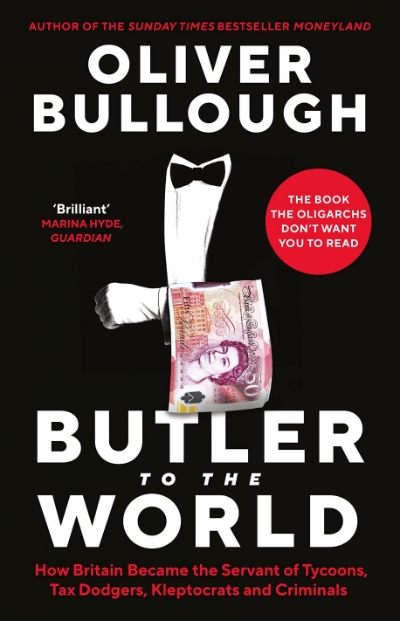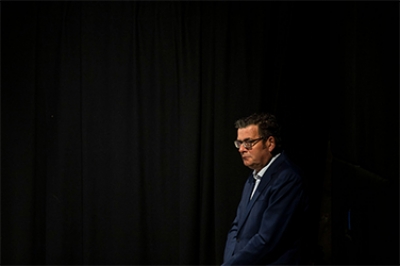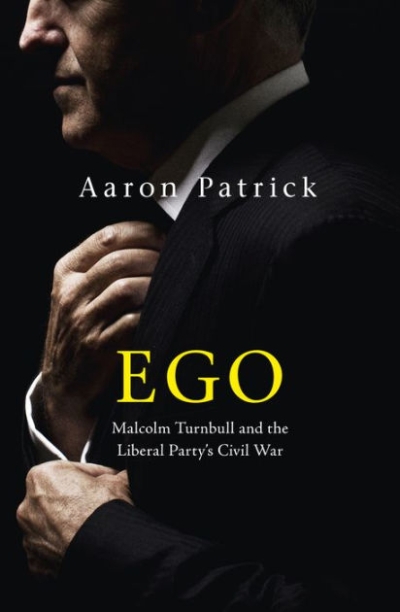Politics
The Origins of Political Surveillance in Australia by Frank Cain
The Emergence of Political Catholicism in Italy by John N. Molony
Power and Protest: Movements for change in Australian society by Verity Burgmann
For a reform politician, these three books should be compulsory reading. They are not, for such a reader, heartening. But they do ‘serve in many respects to discover, to confute, to forewarn, and to illustrate’.
Brian Dale’s Ascent to Power, very much less than fair to Neville Wran, is an unintended expose of the nature of political journalism in this country and its practitioners.
... (read more)The federal government’s proposal for a multicultural television network has sparked off once more a row about the nature of the Australian national identity.
The opponents of the network seem to fear that it will cause all kinds of divisions in our community by emphasising the different places and cultures to which we owe our origins. They would like to restore the myth of a single nation, bounded and defended by a single shoreline (plus, of course, Tasmania), giving allegiance to a single flag and monarch and united by a single tongue. The myth is glorious in its simplicity, and marred only by the fact that it corresponds to no historical truth.
... (read more)While the art of the ghost writer has a long and honorable history, the court case concerning the extent of Graham Yallop’s responsibility for the book on the recent test series raises a number of general issues apart from the outcome of this particular dispute. At its best, the practice of ghost writing enables the general public to share the experiences of people who have had interesting lives but do not command the verbal skills necessary to constructing a book. Yet the ghost writer may also be the unacknowledged creator of the characters who figure in his work. Few politicians now will risk either the off-the-cuff remark or even the considered epistle, so that the contest of political leadership can degenerate to a trial of speechwriters’ skills. The most proficient comedians are, of course, creatures of their scriptwriters, but they at least exact nothing from us but our laughs. As our sportsmen and women become media figures there is a danger that the players as well as the game will be taken over by the media barons, with the ghost writer acting as puppet master. Fortunately, cricket, a sport which seems able to elicit passions altogether out of proportions with the leisurely pace of the game, has always had players who are as much at home with words as with bat and ball. One of these, Jack Fingleton, was the subject of a review last month; another, Frank Tyson, is a regular contributor to our pages. Their individuality provides some security that the age of the manufactured human is not yet quite triumphant. It would seem, however, that in a world of instant media heroes, publishers have a responsibility to their readers to tell them whether the words they are reading belong to the ostensible author or to an unseen ghost.
... (read more)Butler to the World: How Britain became the servant of tycoons, tax dodgers, kleptocrats and criminals by Oliver Bullough
It was in the wake of the landslide re-election of Daniel Andrews’s Labor government in November 2018 that the former Coalition prime minister, John Howard, christened Victoria ‘the Massachusetts of Australia’. Coming from Howard, this characterisation of Victoria was not meant as a compliment. Rather, it seemed designed as a consolation message for the local Liberal Party. He was providing them with an alibi for their lengthening record of under-performance in the state. Victoria, Howard seemed to be saying, was simply impervious to the party’s conservative values.
... (read more)

